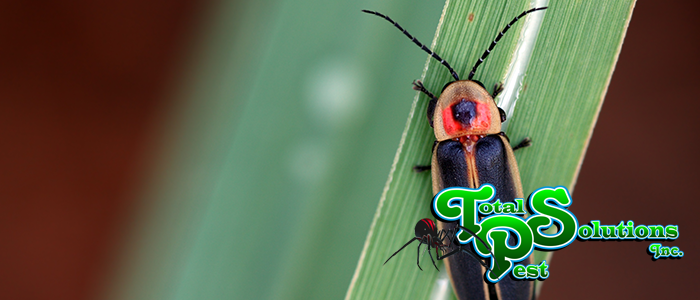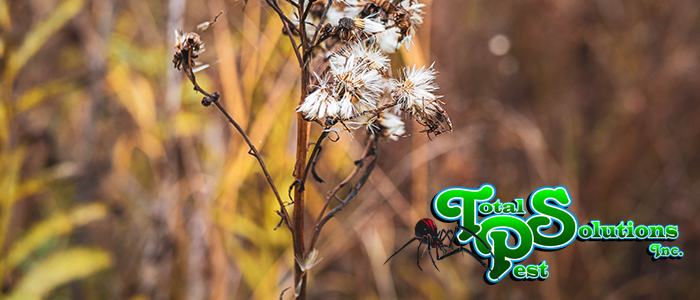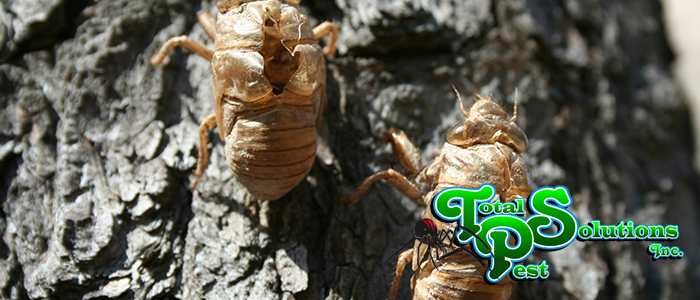
While pests in the home are scary and nerve wracking, garden pests are quite simply frustrating. Even with pesticides and regular care, the pests still seem to find a way in. This week and next week, we are exploring some of the most common garden pests in Florida. Read on to learn what exactly those pests are. The data on the most common pests comes from the University of Florida IFAS Gardening Solutions program.
Aphids
Aphids are extremely small insects that suck sap and other fluids from the plants that they land on. They love to feed on new growths, including flowers, stems, leaves, and more. In their wake they leave small filaments that eventually form a web like structure around and over the plant. Ladybugs are the natural predator of the aphid, but high populations can be treated with insecticidal soaps or oils.
Scale Bugs
There are many different types of scale bugs. They are another small bug, and they live on the underside of leaves. To the naked eye they look like fuzzy little clumps on the leaves of all sorts of garden plants. In Florida, the warm climate allows scales to feed for the entire year. To eliminate scales, treat plants with insecticides once a week for two to three weeks. Focus especially on the underside of the leaves where they like to hide.
Spider Mites
Spider mites are another type of bug that likes to hide out on the underside of leaves. Mites are extremely difficult to see due to their size, so spotting them takes a little trick. Simply tap a branch or leaf over a clean white surface, like a piece of paper or a disposable tablecloth. If the plant has a mite problem, the little insects will come raining down out of the branch or leaf. Mites are so pervasive that there is a special type of insecticide call the miticide that gardeners can use to treat plants.
Fruit Flies
The most common type of fruit fly in Florida is the Caribbean fruit fly. The densest populations can be found in southern Florida, but during the tropical summer months the fruit fly spreads North. The flies lay their eggs on fruit that is just a little too ripe and the larvae that hatch from those eggs completely infest the fruit.
The unfortunate part about fruit flies is that there’s no real way to control them. Gardners simply need to pick fruit as soon as it is ripe. If fruit is overly ripe or falls off the tree, it needs to be removed from the garden. When fruit flies are particularly hungry, they will eat live fruit off the tree. Obviously, this is very frustrating, Fortunately, there is a fairly easy way to prevent this. Simply place a paper bag around the fruit as it is maturing and close the opening of the bag around the stem of the tree. This effectively creates a bubble of safety around the maturing fruit, and fruit flies will soon find elsewhere to feast.
continue reading
Related Posts
Early Lovebug Prep in Winter Haven: Protecting Exteriors Before Swarms
Auburndale’s Winter Weed Resurgence: Targeting Poa Annua As the vibrant
Davenport’s Pine Beetle Threats: Protecting Trees in Dormant Season As







